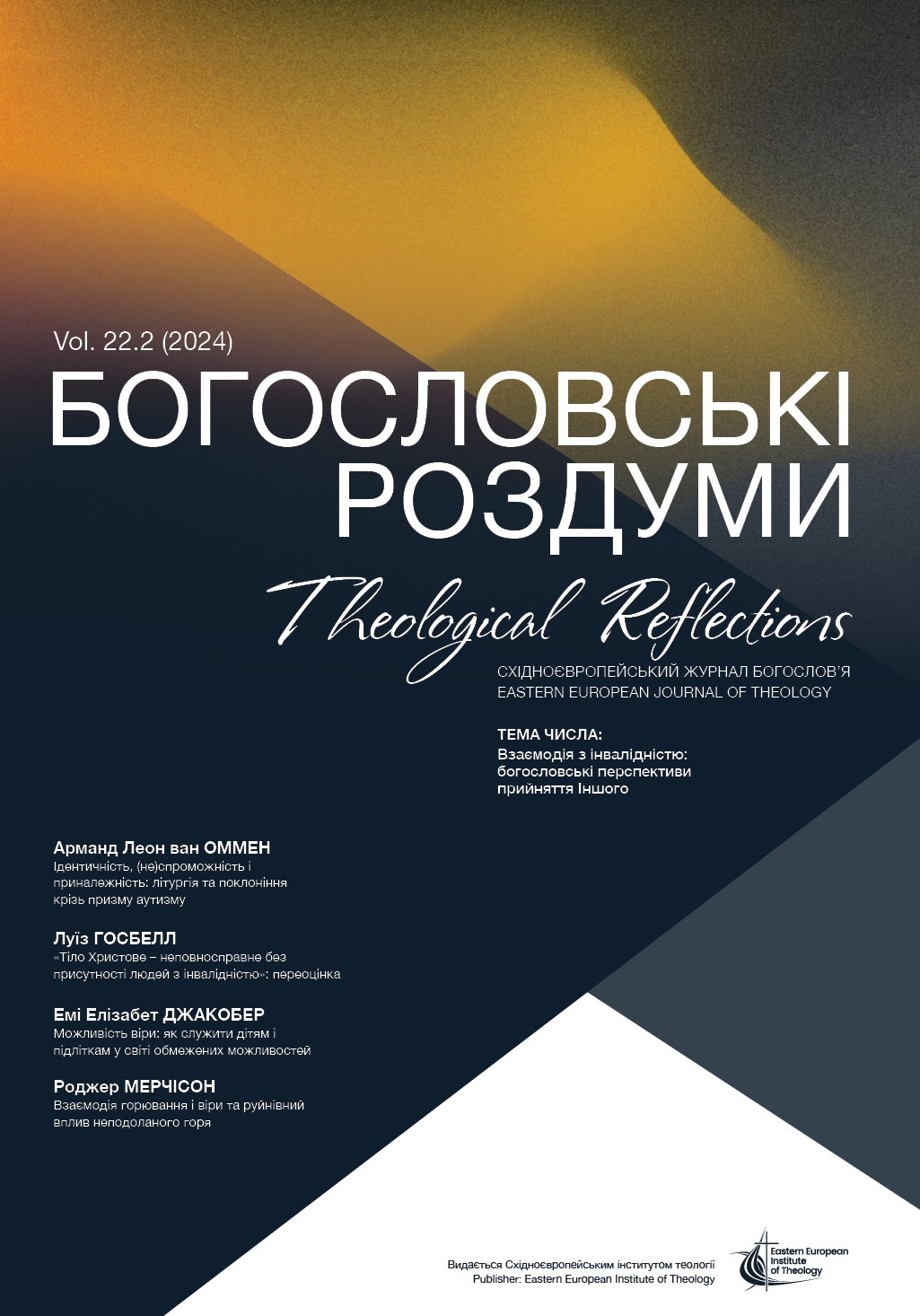Jürgen Moltmann. In Memoriam
DOI:
https://doi.org/10.29357/2789-1577.2024.22.2.19Keywords:
hope, eschatology, cross, resurrection, crucified God, political theology, social justice, Protestant theologyAbstract
It is no exaggeration to say that the German Reformed theologian Jürgen Moltmann is one of the most important Christian theologians of the second half of the XX century. His life experience, his defining book The Theology of Hope (1967), and his ecumenical ministry extended his influence not only beyond Protestant circles but also beyond Christianity as such. Political theology, liberation theologies, the social gospel, and the struggle for justice have all been shaped in one way or another by Moltmann's theological thoughts. His concept of the “Crucified God” remains one of the main Christological themes in the study of systematic theology. Contemporary Christian thinkers owe Moltmann at least for the fact that because of his efforts, theology went beyond the academic classroom, found its embodiment in various resistance movements, and became public. Jürgen Moltmann lived a long life, did much for the development of Christian theology, and left behind a rich legacy of writings, teachings, and students. Today, perhaps, there is not a single area on the list of doctrines in which his name is not mentioned in one way or another.
Downloads
Published
How to Cite
Issue
Section
License
Copyright (c) 2024 Anatoliy Denysenko

This work is licensed under a Creative Commons Attribution-NonCommercial 4.0 International License.
All articles published in the Journal are distributed under a Creative Commons Attribution-NonCommercial 4.0 International License
By submitting an article for publication in Theological Reflections: Eastern European Journal of Theology the author grants the editors the right to publish the article and distribute it in electronic and print form.
The author reserves all copyrights and the right to use the materials of the article in whole or in part for educational purposes, to write his own dissertations, to prepare abstracts, conference reports, oral presentations, etc., as well as post electronic copies of articles (including the final electronic version downloaded from the journal’s official website) on non-commercial web-resources without the consent of the editorial board and founders.



